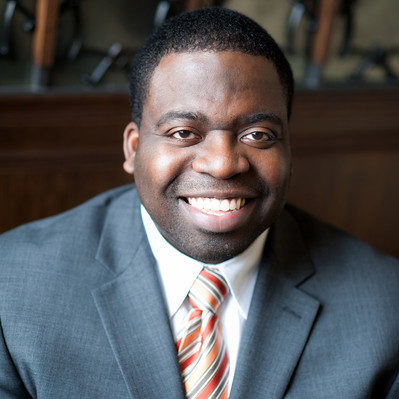We’ve got to start paying attention to climate change, and by paying attention: preventing effects of damage already caused (floods/storms/droughts) and prevent man made causes. In the Netherlands, they proactively build and erect the most effective system in the world at stopping storm floods from affecting a country more below sea level than any other:
Shouting over the wind, Van Ledden, 33, says a stormy day is ideal for touring the city’s flood-protection maze. He leans over an older flood wall that runs perpendicular to the new, higher one. Ike has raised the water level in this canal 5 or 6 feet above normal. “During Gustav, the level was all the way up to here,” Van Ledden says, placing his hand just below the top of the wall. “And Gustav was just a friendly wake-up call. In 50 years, if the sea level goes up 1 or 1½ feet, the level for that storm would be here,” he says, holding his hand well above the top of the flood wall. To make sure that doesn’t happen, the Corps is planning to build a giant storm-surge barrier between Lake Borgne and the Gulf Intracoastal Waterway. The barrier’s gates would close during extreme storms, blocking lake water from funneling up into this narrow canal.
After Katrina, Congress ordered the Corps to bring the city’s hurricane protection system up to 1:100 levels by 2011. If a 1 percent per year chance of system failure sounds high—compared with existing 1:10,000 defenses in the Netherlands—that’s because it is. “One-hundred-year protection is quite a risk,” Van Ledden says. Statisticians will tell you that over the course of a 30-year mortgage, the chance of a 100-year flood hitting the city is more than 25 percent. The 1:100 standard takes projected sea-level rise into account, but not economic impacts and repair costs. (Hurricane Katrina caused upwards of $150 billion in damage.).
source: Before the Levees Break: A Plan to Save the Netherlands.
Now that Manhattan, Staten Island, Long Island and New Jersey have been hammered two years in a row by late hurricane season storms maybe we can discuss this rationally. We need infrastructure.
